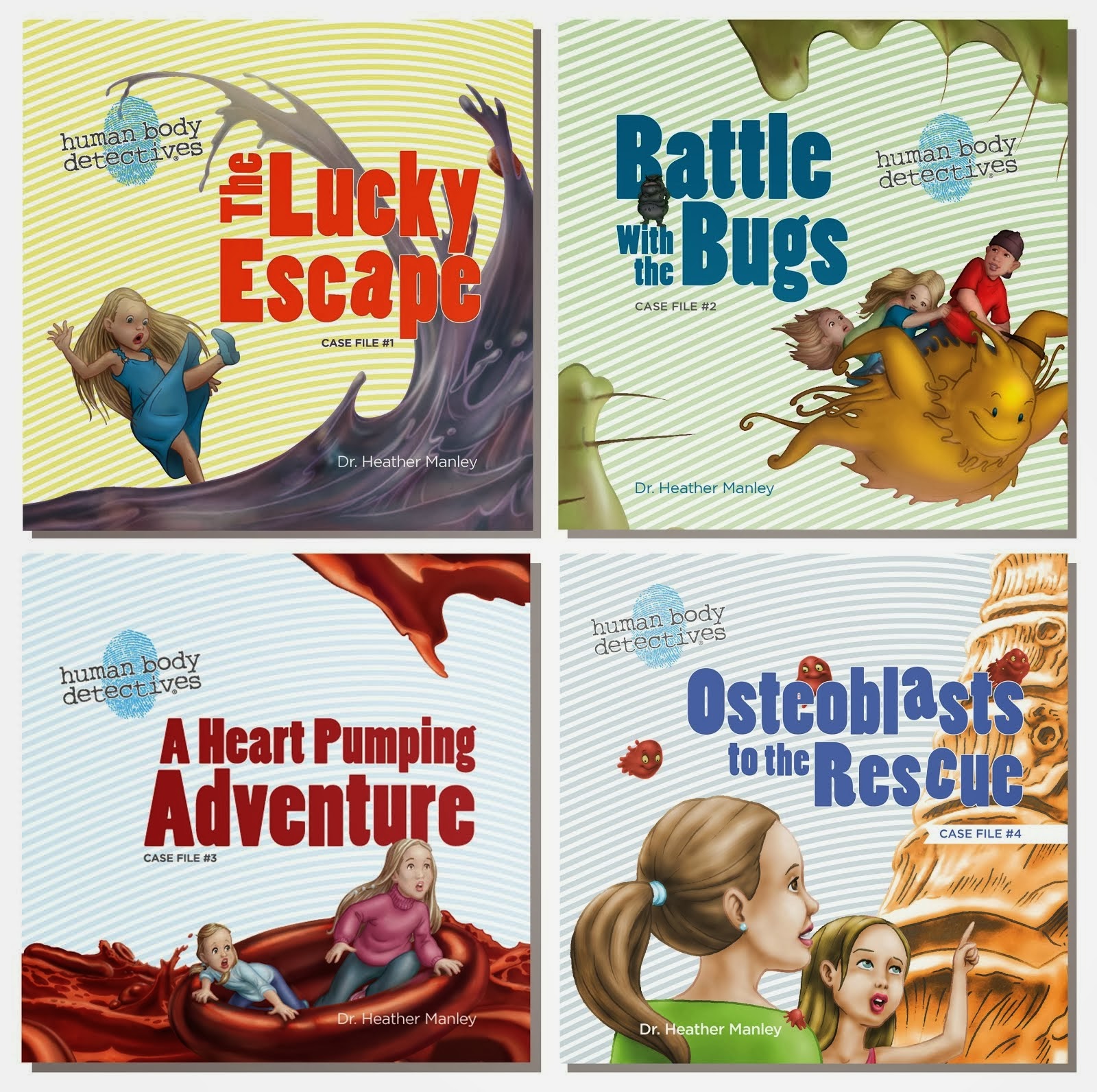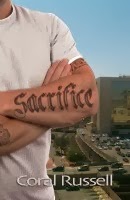-Prologue-
June 21, 1997
Thirteen-year-old
Ben Grable stared out the window of his father’s car. He wished he
could close his eyes and be somewhere—anywhere else—just not on the way
to the nursing home.He hated today.
Every
Sunday, his father dragged him to visit his grandmother. Two years ago,
the woman who had laughed at all of his jokes, baked him chocolate chip
cookies, and played Chutes and Ladders with him growing up was given a
death sentence. It wasn’t fair to his Nana or the people who watched her
die an inch at a time.
“Come on, son,” his father said when he parked his car in the lot. “Put on that smile your Nana loves to see.”
The
one-story, all-brick building sat on an acreage surrounded by pine
trees. The scene was serene, but the moment Ben stepped inside, the
smell of urine and decay was overwhelming.
Old
people with crinkled faces and withered hands who had shrunk to a
portion of their original height sat in chairs lined against the wall
saying nothing. Nothing. The
years had sucked the life and voices out of them. Nursing assistants
offered cookies and a smile along with a pat on the patients’
decomposing backs and told them it was a beautiful day. What did they
care if the sun was shining or a tornado was about to sweep them away?
Every moment of each day was the same. Pain. Loneliness. Humiliation.
And fading memories of who they once were.
“Nana?”
Ben said, and walked to the elderly woman sitting in a wheel chair that
faced the window. Even before he reached her, he noticed the spastic
movements of her hands and head were worse. He bent down next to her in
the room the size of his closet, a crucifix hanging on one wall.
Her
tired, puffy eyes stared at him, and Ben’s heart sank when he realized
she didn’t recognize him. He could have been Batman or a poodle, and she
wouldn’t have known the difference.
After a few minutes of trying to understand what she was saying, Ben turned to his father. “I’ll be back in a minute.”
His father gave him an understanding nod.
He’d
wandered down the hallway, blinking back tears of anger and pain. Angry
that his grandmother was never going to get better and the pain of
knowing he’d already lost her.
On
the other side of the nursing home, he spotted another set of double
doors. Staring inside, the hair on the back of his neck stood on end.
Babies,
children, and young adults filled the long, narrow hallway; some lay
flat on their backs on bare mattresses, their heads rolling back and
forth in slow-motion succession. Others traipsed the floor mindlessly
with unblinking, glazed eyes, their backs hunched over. Heads too large
for their bodies—slanted eyes, some missing limbs, a couple with wide,
open gashes in their upper lips. Where did these monsters come from, and why were they here?
Nurses
changed diapers, or knelt beside mats and held baby bottles for
children who looked as old, or older, than Ben. Long, guttural moans and
helpless cries filtered through the doors, the smell of feces was
disgusting.
He jumped when he felt something touch his shoulder.
“Sad, isn’t it?” a young nurse said.
“What’s wrong with them?” Ben asked, tasting his own sour bile.
She shrugged her shoulders. “Different things. Most were born this way, and their parents just couldn’t take care of them.”
“Why are they here? In a nursing home?”
“Part
of the building is for a nursing home and”—she nodded to the other side
the window—“this part is controlled by the state. There are so many
nursing homes for old people and not enough institutions for people like
this that a few months ago we started taking in the overflow.”
“Will they ever get better? Go home?”
The nurse shook her head. “I’m afraid not. This is the only life they’ll ever know.”
When
he looked back through the windowed door, he gasped and jumped back. On
the other side of the window, only inches away from his face, a pair of
eyes pleaded with Ben for help.
“It’s okay. They won’t hurt you,” the nurse told him.
Ben
shook his head back and forth slowly, tears welling in his eyes. He
turned and raced through the halls toward the front door of the
building. The face on the other side of the door burned into his
memory—the bulging, watery eyes, the slobbering drool running down the
glass, the hopeless and far-away look of misfortune and doom.
Heart
racing, his temples throbbing, he was going to vomit. Breathless when
he reached his father’s car, he found it locked. Panicked, he pulled at
the handle over and over. “Open, please, open!” he sobbed
uncontrollably.
He
turned, leaned back against the door, and slowly sank to the concrete.
If his friends saw him, they’d call him a sissy-boy. It didn’t matter.
Those things, those sad, awful looking creatures weren’t human. His
parents had always told him that all of God’s children were created
equally. But it wasn’t true.
He
brought his knees up to his chest and covered his tear-streaked face
with his hands, trying hard to get the images out of his mind.
It just wasn’t true.

Soon
after Ann Ferguson and Ben Grable marry, and Ben unseals his adoption
papers, their perfect life together is torn apart, sending the couple to
opposite sides of the courtroom.
Representing
Ann, lawyer Michael J. McConaughey (Mac) feels this is the case that
could have far-reaching, judicial effects -- the one he's been waiting
for.
Opposing counsel knows this high profile case happens just once in a lifetime.
And
when the silent protest known as HUSH sweeps the nation, making
international news, the CEO of one of the top ten pharmaceutical
companies in the world plots to derail the trial that could cost his
company billions.
Critically
acclaimed literary thriller HUSH not only questions one of the most
controversial laws that has divided the nation for over four decades,
but captures a story of the far-reaching ties of family that surpasses
time and distance.
***
Hush does not have political or religious content. The story is built
around the emotions and thoughts of two people who differ in their
beliefs.
EDITORIAL
REVIEW: "Suspenseful and well-researched, this action-packed legal
thriller will take readers on a journey through the trials and
tribulations of one of the most controversial subjects in society
today."
Katie French author of "The Breeders," "The Believer's," and "Eyes Ever To The Sky."
Genre – Thriller
Rating – PG-13




















